Physics
Sign up for our newsletter
We summarize the week's scientific breakthroughs every Thursday.
-
 Particle Physics
Particle PhysicsReaders puzzled by particle physics and a papal decree
Readers had questions about neutrinoless double beta decay and the history of domesticated rabbits.
-
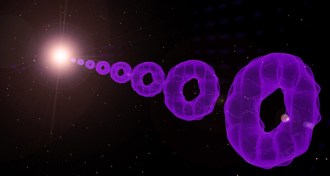 Physics
PhysicsA DIY take on the early universe may reveal cosmic secrets
A conglomerate of ultracold atoms reproduces some of the physics of the early universe.
-
 Environment
EnvironmentThis plastic can be recycled over and over and over again
A new kind of polymer is fully recyclable: It breaks down into the exact same molecules that it came from.
-
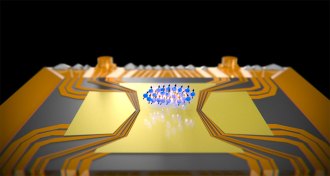 Quantum Physics
Quantum PhysicsSplit atom clouds get entangled in quantum tests
Scientists create quantum links between clouds consisting of thousands of atoms.
-
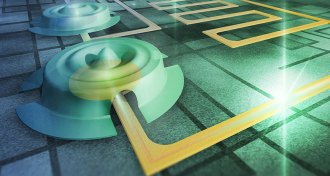 Quantum Physics
Quantum PhysicsSpooky quantum entanglement goes big in new experiments
Scientists entangled the motions of two jiggling devices that are visible with a magnifying glass or even the naked eye — if you have keen vision.
-
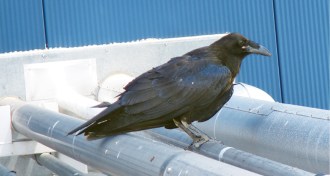 Physics
PhysicsHow ravens caused a LIGO data glitch
Ravens pecking at frosty pipes caused a glitch in gravitational wave data.
-
 Science & Society
Science & SocietyHere’s why putting a missile defense system in space could be a bad idea
Expanding missile defense capabilities could put the world on a slippery slope to space warfare.
-
 Materials Science
Materials ScienceA new plastic film glows to flag food contaminated with dangerous microbes
Plastic patches that glow when they touch some types of bacteria could be built into food packaging to reduce the spread of foodborne illness.
-
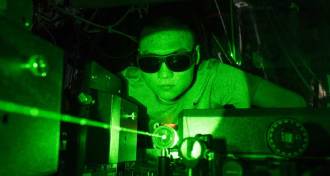 Physics
PhysicsA key constant’s new measurement hints ‘dark photons’ don’t exist
New measurement of the fine-structure constant is the most precise yet.
-
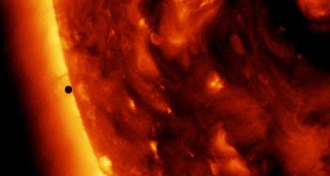 Physics
PhysicsEinstein’s general relativity reveals new quirk of Mercury’s orbit
A tiny effect of general relativity on Mercury’s orbit has been calculated for the first time.
-
 Microbes
MicrobesThis material uses energy from ambient light to kill hospital superbugs
A quantum dot–powered material could help reduce the number of hospital-acquired infections, including those with drug-resistant bacteria.
-
 Particle Physics
Particle PhysicsThe search for mysterious dark matter underdogs steps up
Dark matter particles called axions are finally being put to the test.